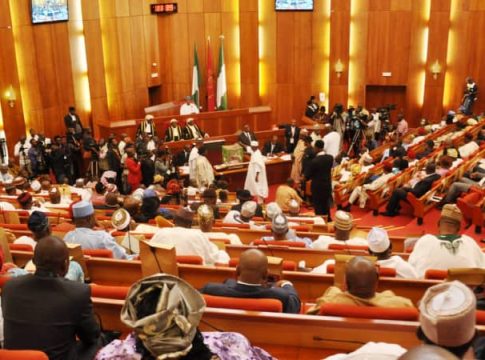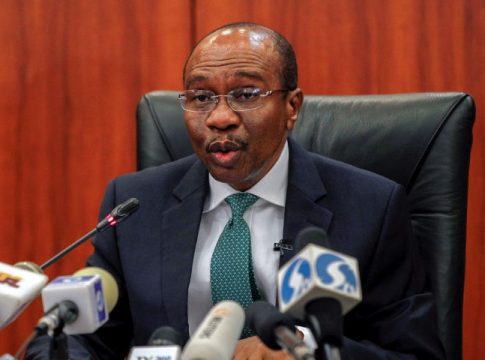In a bid to strengthen the nonpartisan stature of Nigeria’s central bank, the National Assembly is moving to amend the Central Bank of Nigeria (CBN) Act 2007.
The proposed changes aim to bar key figures within the CBN, such as the Chairman, Governor, and Deputy Governors, from partaking in political activities or affiliating with political parties for three years post-tenure.
Prompted by former CBN Governor Godwin Emefiele’s controversial involvement in the 2023 presidential race, these legislative efforts are intended to ensure that the bank’s officials remain detached from the political landscape to uphold the integrity of the central banking system.
The amendment bill also plans to establish a new Board of Directors, broadening the expertise pool and fortifying governance oversight at the Bank.
The amendment read, “There shall be for the Bank a Board of Directors (in this Act referred to as “the Board”) which shall be responsible for the policy and general administration of the Bank’s affairs and business.
READ MORE: Aliko Dangote Tops Africa’s Billionaire List According to Forbes’ 2024 Ranking
“The Board shall consist of (a) Chairman, who shall be a renowned professional in Accounting, Finance or Economics and must have served as a Chief Executive of a regulatory agency in Nigeria. He must also have deep insight of the operations of the Central Bank of Nigeria in the course of his regulatory functions.
“(b) the Governor; (c) Five Deputy Governors (of which one shall be appointed from each region other than the region where the Governor comes from); (d) the Permanent Secretary, Federal Ministry of Finance; (e) five non-executive Directors; and (f) Accountant-General of the Federation.”
This would encompass distinguished professionals from various relevant sectors and incorporate a regional representation approach in the selection of Deputy Governors.
To further reinforce accountability, the bill includes provisions for the tenure of CBN chiefs and mandates bi-annual reporting requirements to the National Assembly, thereby enhancing transparency and legislative oversight of the central bank’s operations.




